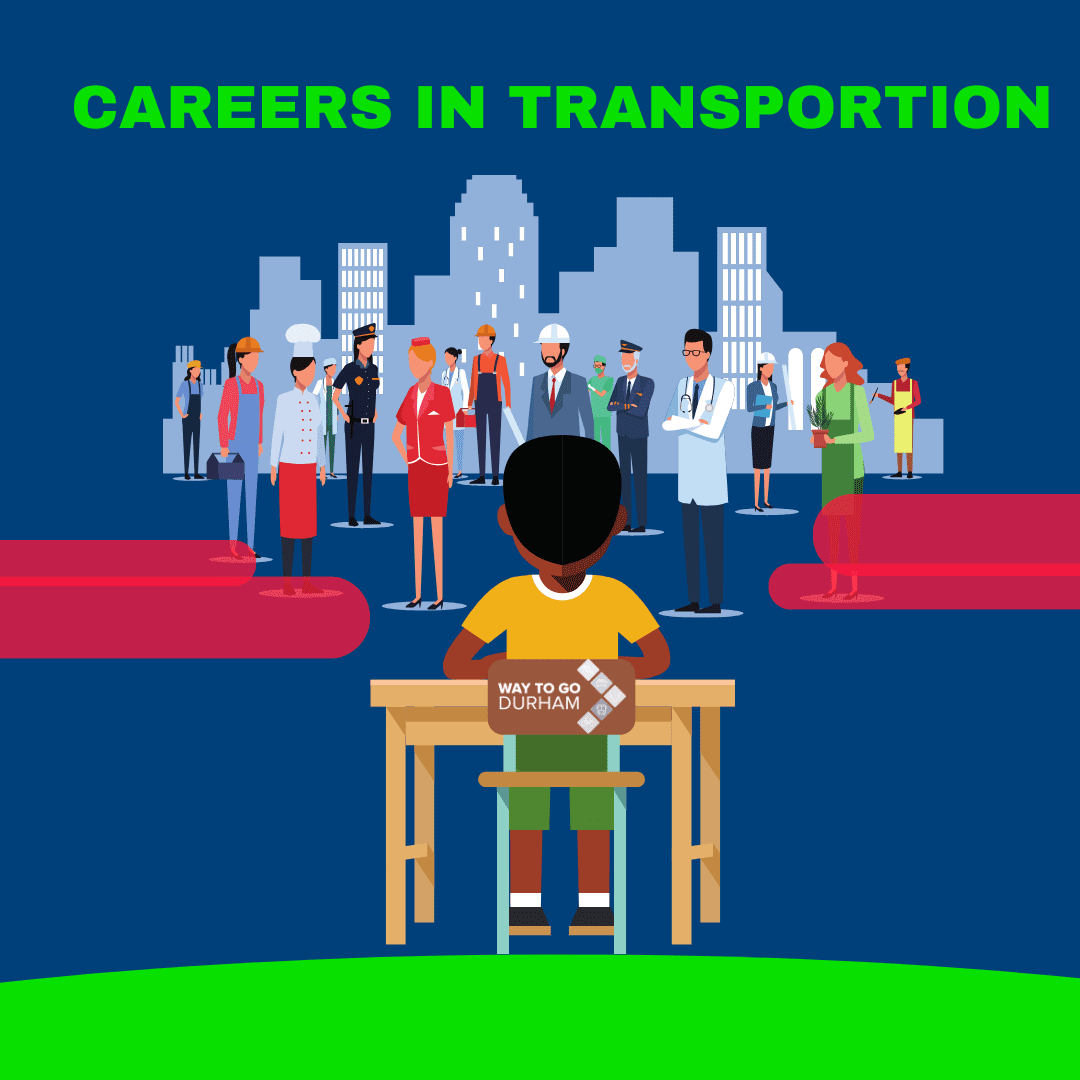Education is a powerful tool that can shape the future of our youth. One crucial aspect that often goes unnoticed is the job opportunities available in transportation. As students prepare to return to the classroom next month, we’re using this time to raise awareness of educational and career opportunities in transportation to prepare young minds for a bright future in the transportation industry.
Educational Opportunities:
The education level needed for careers in transportation varies by career. However, there are numerous ways to explore the dynamics of this vast industry by studying transportation planning, engineering, urban planning, logistics, or supply chain management. Degrees can be earned as Bachelor’s, Master’s, or Doctoral Degrees.
Not every career path in the transportation industry requires a college degree; some require vocational training for mechanical work or special licenses or certificates such as CDL licenses for truck drivers, bus operators, or taxi-cab drivers. There are also career opportunities to install street signs, street lights, bike lanes and pavement markings.
Exploring the industry through an internship is a great way to determine whether a career in transportation is the right fit for you. Internship opportunities are available through the US Department of Transportation, the North Carolina Department of Transportation, and the GoDurham Transit Apprentice program.
If an internship is not feasible for you, on some occasions, you may be able to shadow individuals who work in the career of your interest. To learn more about internships or potential shadowing opportunities, visit the organization’s website that you are interested in, view their internship or job opportunities, and submit your information.
Careers in the Transportation Industry:
The transportation industry offers various career opportunities in logistics, supply chain management, public transit, transportation planning, data analytics, and beyond. Careers in transportation are essential because these roles help to keep the world moving safely and sustainably. There are opportunities for employment within the public and private sectors.
Public Sector Jobs:
The government or government agencies employ people for public-sector jobs. The people fund public sector jobs to help advance the work needed in each community. Examples of public sector jobs in transportation include:
Transportation Planners
- This role requires implementing and developing strategies for transportation systems and services such as bike lanes, trails, and additional multi-use pathways. It also identifies trends based on population growth, safety concerns, and increasing accessibility.
Vision Zero Coordinators
- This role works to end serious deaths and injuries on roadways. Identifying at-risk roadways, streets, and walking paths is crucial for the success of anyone in this role. A key objective for this career path is to create a Vision Zero Action Plan, a set of recommendations for transportation planners and government leaders to implement to reduce fatalities and serious injuries caused by traffic violence. The state of North Carolina has two Vision Zero coordinators, one in Asheville and one in Durham. Neighboring cities are working to hire new staff to support this role.
Traffic Engineers
- This role helps keep vehicles moving by monitoring traffic light function, stop sign placement, inspecting hazards, analyzing construction plans and projects, strategizing road surface markings, and developing infrastructure for multi-use pathways (bikes, pedestrians). When new developments are planned, this role also inspects the traffic impact by conducting an analysis to determine what infrastructure is needed.
Marketing, Communications and Outreach Specialists:
- This role helps create awareness to the programs, initiatives and policies transportation departments and agencies have created. A key aspect of transportation is public engagement and outreach. In this role, the person is responsible for attending events to engage with the general public while sharing information and transportation resources.
Accounting Specialists:
- This role ensures transportation departments or agency finances are in order and that purchases are compliant with company rules.
Private Sector Jobs:
Private companies or corporations manage jobs in this field. The same types of transportation careers exist in the private and public sectors. The key difference between the two is working for a for-profit company versus working for a government agency that supplies the needs of the public. The two often overlap because government agencies contract private companies to fulfill the various tasks needed within the transportation department or industry. For example, a City government may hire a private engineering company to analyze street design to enhance safety or prepare the road to be a multi-use path.
This back-to-school season, we are all aboard for careers in transportation. By introducing young minds to the diverse careers within this industry, we can inspire curiosity, ambition, and a sense of purpose. Career opportunities in transportation are endless and are needed because this industry helps keep the world moving. Use this article to inspire and uplift the next generation of transportation leaders. Please share it with your students and let them know that transportation has a career ready for them.

